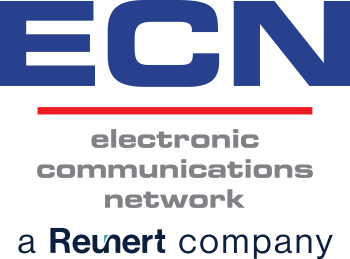Johannesburg, 19 August 2009 – The Independent Communications Authority of SA (ICASA) does not need a market study on interconnect to drop prices, says local telecommunications business ECN. Last month, the regulator released its latest draft regulations on the management of interconnect agreements. The document caused an outcry among smaller operators and industry watchers when it was revealed the regulator did not intend to clamp down on the high termination costs.
ECN led the battle over high interconnect fees, distributing a Namibian benchmark study, which shows the true cost of interconnection, based on the performance of an efficient operator, should be 25c. Vodacom, MTN and Cell C charge R1.25 in peak hours for network termination. Independent Democrats leader Patricia de Lille also joined the fray, forcing the competition authorities and the regulator to discuss the possibility of investigating interconnect costs.
Contractual Obligations
While ICASA has not ruled out directly regulating the costs of mobile network termination, it has said it needs to complete a market study before it makes any decisions on directly regulating costs. The draft regulations also state: “The authority notes that, while interconnection agreements are in essence commercial agreements, they are always subject to some form of regulation, particularly in absence of a competitive environment.”
“To ensure some form of cost recovery, contractual minimum commitments are applied,” the company explains.”Any interconnection agreement is negotiated between MTN and the proposed partner, and every request for interconnection is considered on an individual basis, with designs being customised to a company’s requirements.”
Tripping Competition
Several smaller telecoms operators believe the costs are hampering fair competition and should be dropped sooner rather than later.
“The Vodacom, MTN and Cell C interconnection rate during peak times is R1.25, which is more than four times the Telkom interconnection rate and, in some cases, the mobile operators’ fixed retail rates are up to 900% of the fixed interconnection rate,” says John Holdsworth, CEO of telecoms group ECN. ECN will present its case to ICASA when the time comes for submissions on the regulator’s recently released interconnection regulations.
However, smaller telcos, like ECN, are not pleased with the lack of direct intervention, since interconnect is a vital aspect of smaller operators’ ability to compete. “Conducting a market study is a complex and lengthy exercise, and ECN is not satisfied with ICASA’s interpretation, particularly as it is sure that any conclusions drawn by ICASA, as a result of the market study, will be challenged by established operators – this will push out the date upon which interconnection rates, on ICASA’s interpretation, will be regulated,” says ECN CEO John Holdsworth.
ECA Loophole
The company has again taken up the charge by consulting legal council on whether the regulator has the ability to intervene on the actual costs before a market study has been completed. The results of the legal study show the regulator is mandated by the Electronic Communications Act (ECA) to intervene in terms of price.
Chapter 41 of the Act specifically states: “The authority may prescribe regulations establishing a framework of wholesale interconnection rates to be charged for interconnection services, or for specified types of interconnection and associated interconnection services, taking into account the provisions of Chapter 10.”
Chapter 10 deals primarily with competition issues where the regulator needs to establish market dominance. “In addition, counsel advised ECN that the minister may also intervene immediately in the regulation of the telecommunications industry in order to lower interconnection rates. The ECA allows the minister to issue a policy directive calling on ICASA to undertake an inquiry into lowering interconnection rates and to report to the minister, or to consider urgently the issue of interconnection pricing.”
Holdsworth says he has made a copy of the council report available to both the regulator and communications minister Siphiwe Nyanda, in the hopes that they will act on the matter soon.
